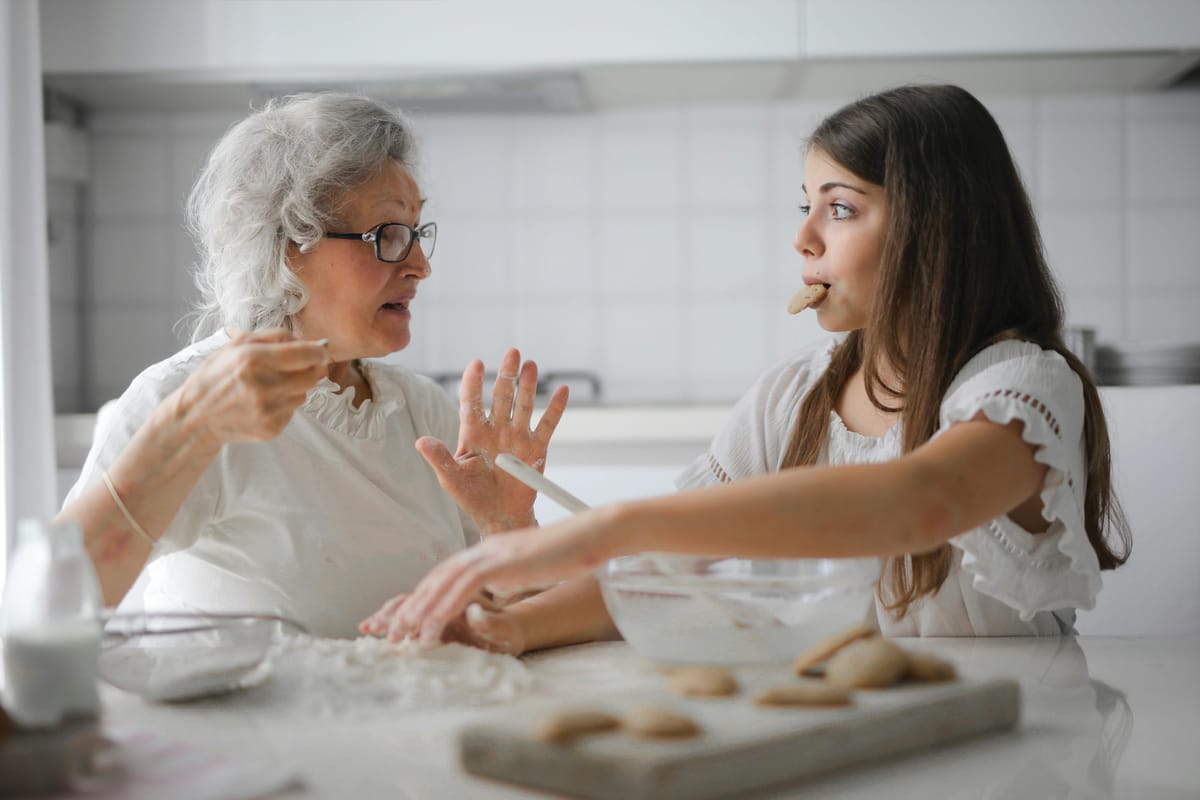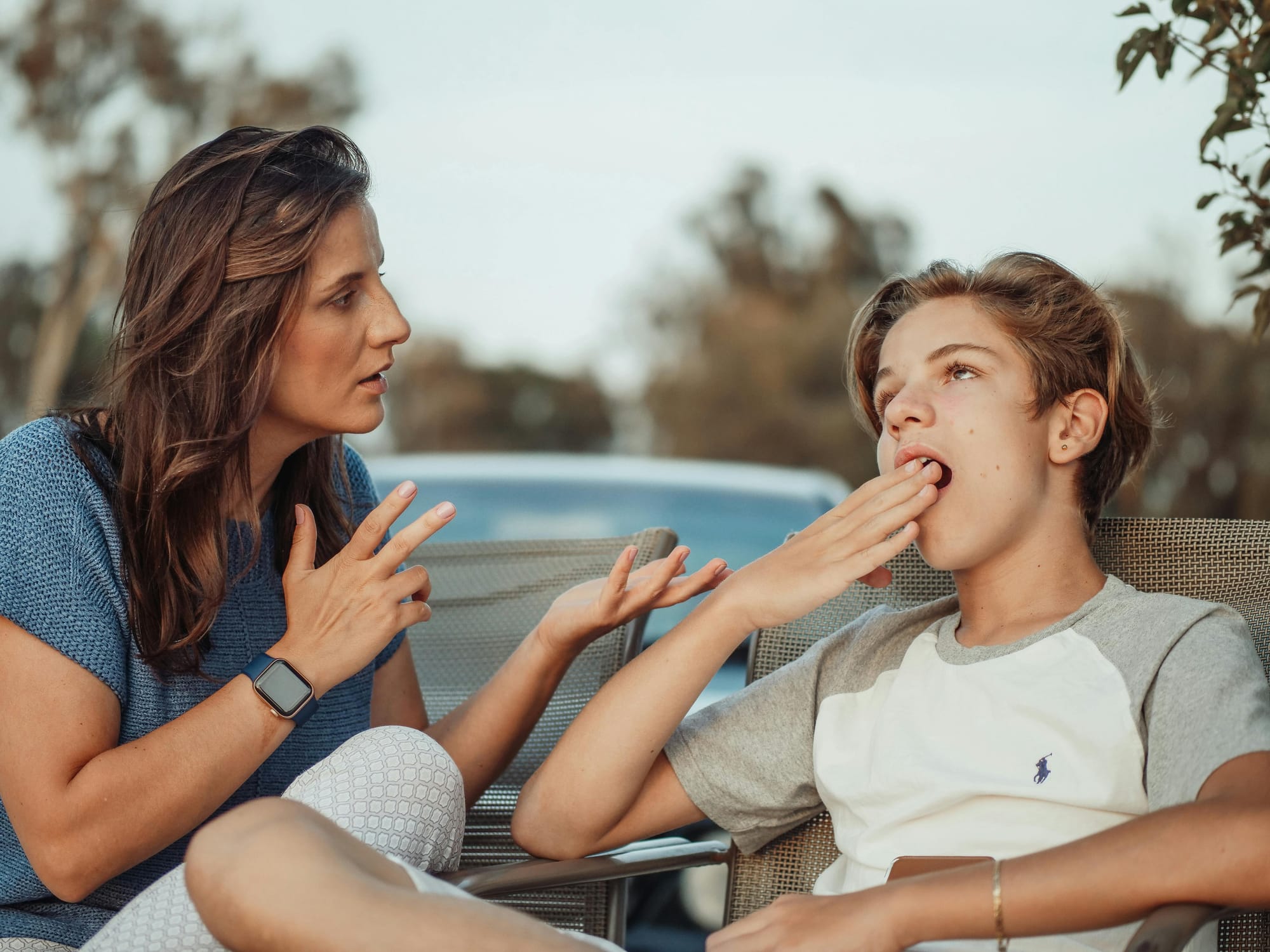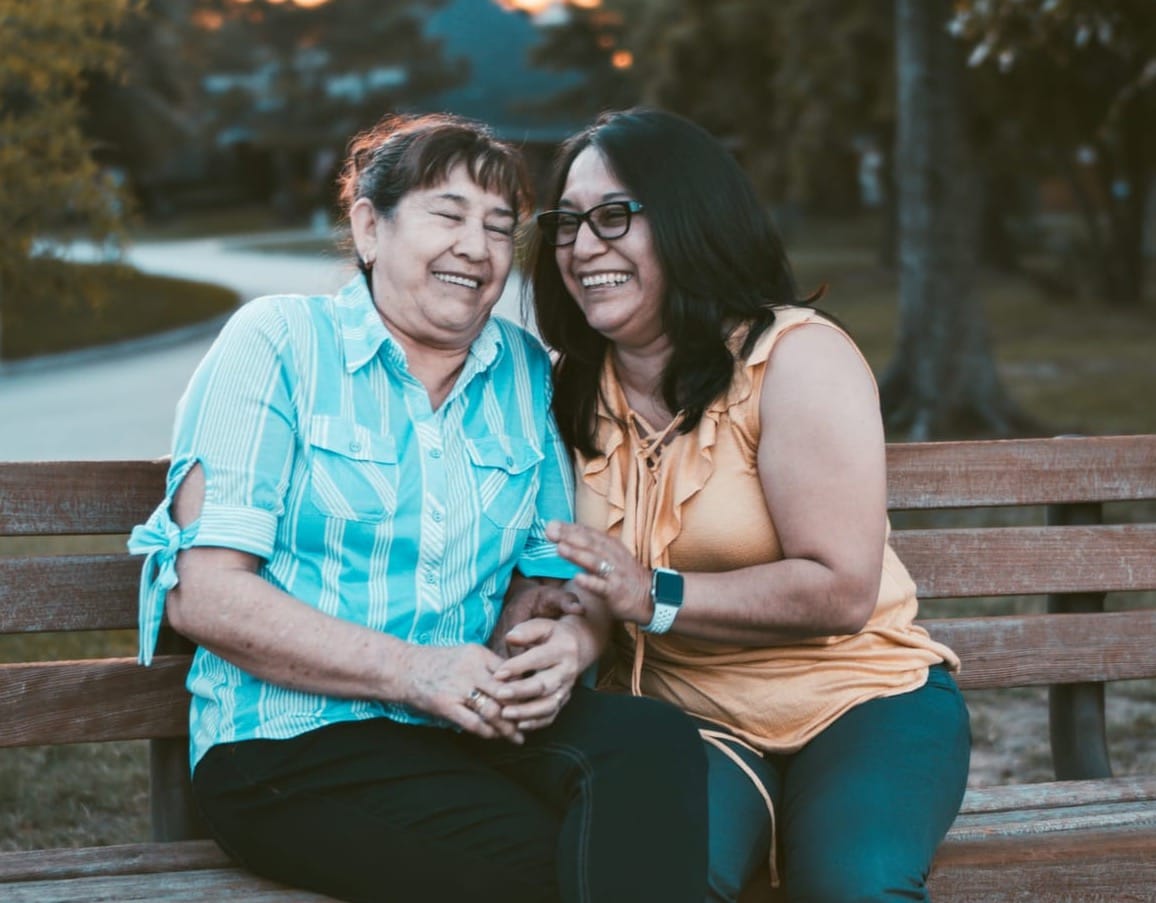Thoughts: Advice on advice

It’s hard to unlearn the habit of giving advice—but I’m advising myself, and others, too, to work at it. Given the irony, I’d best explain my reasoning, then back off to let you decide.
Advice isn’t all the same, of course. It can come in the form of instructions (“fold the diaper like this”) or counsel (“the wisest choice would be”). It can be delivered with force (“you ought to stop eating sweets”), or softened (“it’s just my opinion, but…”). It shares a gray zone with teaching, when teaching emphasizes instruction or direction (“[you should] cut the paper this way”). And another gray zone with giving direction to those who need it, depending on how optional the direction and advice are. (“[It works best to] hold the scissors like this”). And, of course, it can be solicited (“since you ask…”) or unsolicited (“you need to get those kids to pipe down!”).
Which all goes to say that you may be more in the habit of giving advice than you think. I know I am! After years of parenting, grandparenting, managing employees, teaching, and caring for a cognitively disabled elder, my advice/teaching/giving direction reflex is well-toned, while I have to consciously exercise my ability to let it be.

Why tone it down?
Why should I work at it? Two reasons, basically. One: People don’t like unsolicited advice (just read the advice columns to hear the complaints!). Two: Due humility.
I would give unsolicited advice in the case of imminent danger or as an intervention for drug addiction, abuse, or other grave concerns. But advice about diet, exercise, child rearing, interior decorating…these and all similar are off limits—even for (especially for?) my adult children. (Sigh—I’m sure they could bring up multiple examples in which I broke this rule.)
And solicited advice, I believe, needs tempering with due humility. (So does unsolicited advice, actually—I’m no expert on escaping tsunamis!) I got to embracing (as best I can) due humility after a near-escape: My husband and I went out with our dog one January day for what should have been a two-hour snowshoe, but got lost and—because the sun set so early—had to spend the night outside with just one sleeping bag for the three of us. Without the luck we had (it didn’t snow to cover our tracks, the temperature stayed in the mid-20s F), we would have died. The thing is, for most of the hike, I was firmly convinced—map and compass in hand— that we were headed south. It wasn’t until my husband said, “Then why is the sun setting behind us?” that I realized that exactly the opposite was true. And that profound error has shaped my perspective ever since.
Notice, in that story, that it was my husband’s input that corrected me. He brought a different view of our reality into the situation, opening up a whole new perspective for me, and a strategy that suited it (turn around and follow our tracks back, fast!). A similar point has long been made by feminist epistemologists (scholars who theorize about knowledge), especially by black feminists like Patricia Hill Collins. From our experience in the world, she and others point out, we gain knowledge, attitudes, reactions, priorities, etc., that differ—sometimes greatly—from one person to another. Because of this, we answer questions differently, and the questions we ask also differ. For example, as a white mother and grandmother to white boys, I never had to ask about or gain any expertise in helping a black boy navigate the world. Parents of black boys have to. If—against all odds—someone asked me how to help a black boy navigate the world, my duly humble response would be, “I don’t know.”

Different worlds, different needs
So when I think about giving advice, I (ideally!) remind myself that even my own children’s experience, not to mention that of their partners and my grandchildren, is different than mine. The world has changed in ways I can partially see, but am less imbued in than they are, and my timeframe with respect to long-term issues (like climate change and hopes for the future) is shorter than theirs. They are also, of course, just different people, with different hopes and expectations than mine.
The idea I just outlined—that we all have our own perspectives and knowledge—can lead to a reductio ad ridiculum if it’s taken in an absolutist way. That is, if I can only give advice or counsel to someone with my own experience, then really—taking that idea literally—I can only give advice to myself. But that is ridiculous. For one thing, experiences overlap a lot. And for another, a lot of people do want advice: People ask each other’s advice all the time, and the counsel-giving professions are in high demand.
For these reasons, I think solicited advice can be useful. Plenty about the world remains the same over time, many experiences are similar across the board, and long experience (with parenting, say, or some expertise) has a lot to offer to relative newbies. People benefit from sharing across difference, too. (During our venture in the woods, my husband’s perspective saved both of us from my blind spot!) Plus, getting advice you disagree with sometimes helps advisees even so, because they can figure out why the advice lands wrong—and so get a little closer to solving their own problem. All this goes to say that solicited advice can be very helpful, if offered with the duly humble recognition that it may or may not be on target, and may or may not be accepted.
Which all ends up, for me, in being will to share when asked, as humbly as I can. And being willing to listen with an open mind to advice thoughtfully offered.